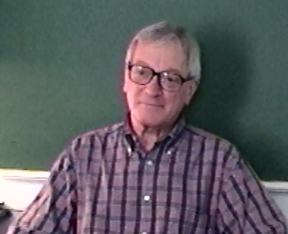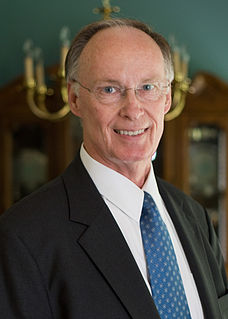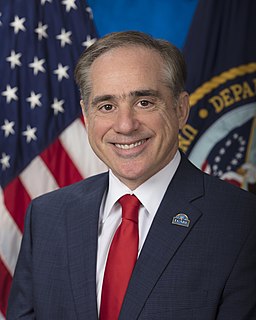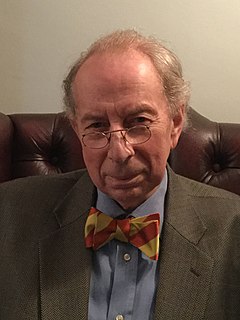A Quote by Richard Selzer
The Country Doctor Revisited is a fine achievement. Purporting to be an overview of the practice of medicine in rural areas, it is a splendid portrait of the practice of medicine everywhere. The special conditions that prevail in the countryside as opposed to the cities are examined, and each of these is illustrated by a case history that is as compelling as it is informative. It is presented in a highly readable form that would be accessible to the general public as well as to the deliverers of health care. I recommend it most highly.
Quote Topics
Accessible
Achievement
Areas
Care
Case
Cities
Compelling
Conditions
Country
Countryside
Doctor
Each
Everywhere
Fine
Form
General
General Public
Health
Health Care
Highly
History
Illustrated
Informative
Medicine
Most
Opposed
Overview
Portrait
Practice
Practice Of Medicine
Presented
Prevail
Public
Recommend
Rural
Rural Areas
Special
Splendid
Well
Would
Would Be
Related Quotes
A beautiful literary collection that tells of today's country doctor, somewhat removed from our romantic black-bag image of days gone by, but still fulfilling an essential need in caring for spread-out populations. At times, with today's advances in technology, medicine in rural America looks very like it does in America's cities, but the variety of practices is enormous. The Country Doctor Revisited captures the trials and tribulations of medicine, but also the satisfaction and the extraordinary rewards that come to those who embrace such a practice.
Nearly every business collects metrics on inventory, sales, and workplace process. Health care has been slow to measure these kinds of outcomes. Increasingly, general medicine, via either managed care or large practice settings, is improving by collecting data through electronic records and refining practice based on what works.
I think energy medicine is a field that is probably for me the most authentic level of medicine that there is, because it takes into account what I would call 'square one of creation'. Which is where energy meets the process of incarnating. So I think it is very much going to become the dominant practice of medicine in this next millennium. We have no other place to go but there.
At the heart of President Barack Obama's health-care plan is an insurance program funded by taxpayers, administered by Washington, and open to everyone. Modeled on Medicare, this 'public option' will soon become the single dominant health plan, which is its political purpose. It will restructure the practice of medicine in the process.
In the last century the practice of medicine has become no more than an adjunct to the pharmaceutical industry and the other aspects of the huge, powerful and immensely profitable health care industry. Medicine is no longer an independent profession. Doctors have become nothing more than a link connecting the pharmaceutical industry to the consumer.
The theory of medicine, therefore, presents what is useful in thought, but does not indicate how it is to be applied in practice-the mode of operation of these principles. The theory, when mastered, gives us a certain kind of knowledge. Thus we say, for example, there are three forms of fevers and nine constitutions. The practice of medicine is not the work which the physician carries out, but is that branch of medical knowledge which, when acquired, enables one to form an opinion upon which to base the proper plan of treatment.
We need a comprehensive renewal of the nursing care system in Germany, and quickly. The two-tier medical system must be abolished. Patients with public health insurance are waiting months to be seen by a specialist doctor, while doctors increasingly give priority to privately insured patients. That's unacceptable. We also need an educational revolution. Medicine, nursing care, education: Germany is not a modern country when it comes to these three areas. We have to adapt our policies to the social reality. These are projects that can awaken Germany out of its torpor.



































